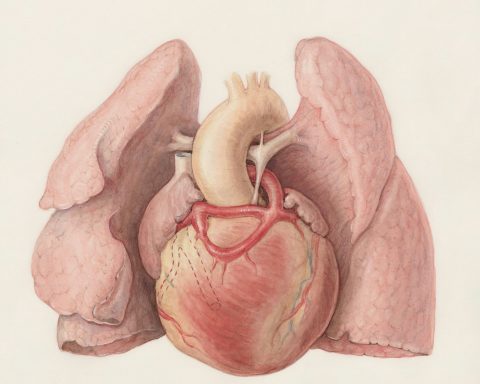Beatrice Shelley is Coordinator for the Mental Health Research Incubator. See Twitter: @MHRIncubator
David Kessler is a GP and Professor of Primary Care, Bristol Medical School.
Faraz Mughal is a GP and NIHR Doctoral Fellow, School of Medicine, Keele University. He is on Twitter: @farazhmughal
Cathy Creswell is Professor of Developmental Clinical Psychology, University of Oxford. She is on Twitter: @Cathy_Creswell
The growing number of people presenting with mental health problems to general practice is a worrying trend, however, the involvement of GPs in mental health research is an area for hope. Being a practising GP and an active researcher are not as incompatible as one may think – a growing number of GPs are conducting research, and in so doing, they will be influencing clinical practice and guiding health policy.
Why should GPs do research?
Of course, we want to be in a position to prevent rather than treat, and to promote wellbeing. But the difference between these ideals and the reality is sometimes overwhelming. For GPs it’s vital that experience and knowledge of practice, contexts and the situations we work in every day can be shared and discussed.
We have to be completely embedded in our present reality…. but also able to step back and think about how it could be … better.
So, where to start?
It’s important to get connected with other health professionals who are conducting clinical research. Today, researchers are not only based in universities. There are health professionals of all types working in a range of institutions such as NHS services, universities, charities, and elsewhere. It’s a good idea make links with the department of primary care in your local university but in this remote online world we are now in there’s no reason not to look further afield for advice and support.
Resources like the Mental Health Incubator can help GPs who are exploring research opportunities. The Mental Health Research map is one useful way that you can connect with other health professionals who are interested in mental health research and find someone who can help, or guide you in the right direction. The site also offers advice, information about funding sources and networks, and useful career stories about how others combine their clinical and research work. It’s helpful to understand how and why others are doing it. There are also opportunities to support research through becoming a RCGP research ready practice and forming links with your local NIHR clinical research network to facilitate recruitment of your patients to mental health studies.
What are some of the big questions?
While our treatments for depression and anxiety work for many people, they are also only partly effective or ineffective for others. We need new approaches for people who have not responded to treatment with standard antidepressants or psychotherapies. GPs have a lot to contribute to understanding the reasons for non-response and finding new ways of helping patients. Another area of importance to GPs and patients is self-harm. At present there is very little that GPs can offer young people who self-harm, and we know self-harm is a key risk factor for suicide.
Mental health services and access vary widely across the country. What’s effective? What’s the best value? Rigorous evaluations of new interventions in the NHS, voluntary sector, and local communities, are needed to improve the understanding of how to support and look after patients with mental health concerns. GPs with on the ground experience of working in a variety of settings are needed to contribute and inform the future evidence base.
Mental health services and access vary widely …. What’s effective? What’s the best value?
We know mental health problems develop early, 50% by the age of 14, so early detection and intervention in young people can help to prevent mental illness into adulthood and support wellbeing. A growing concern is the mental health and wellbeing of general practice teams and the impact of workload on the wellbeing of GPs. This is a crucial research focus for the future. Through active involvement and engagement of GPs in primary care mental health research, we have a real opportunity to foster change and improve the care for our patients, and for our colleagues alike.
The views expressed are those of the authors and not necessarily those of the NHS, the NIHR or the Department of Health and Social Care.
Featured photo by Nathan Dumlao on Unsplash






